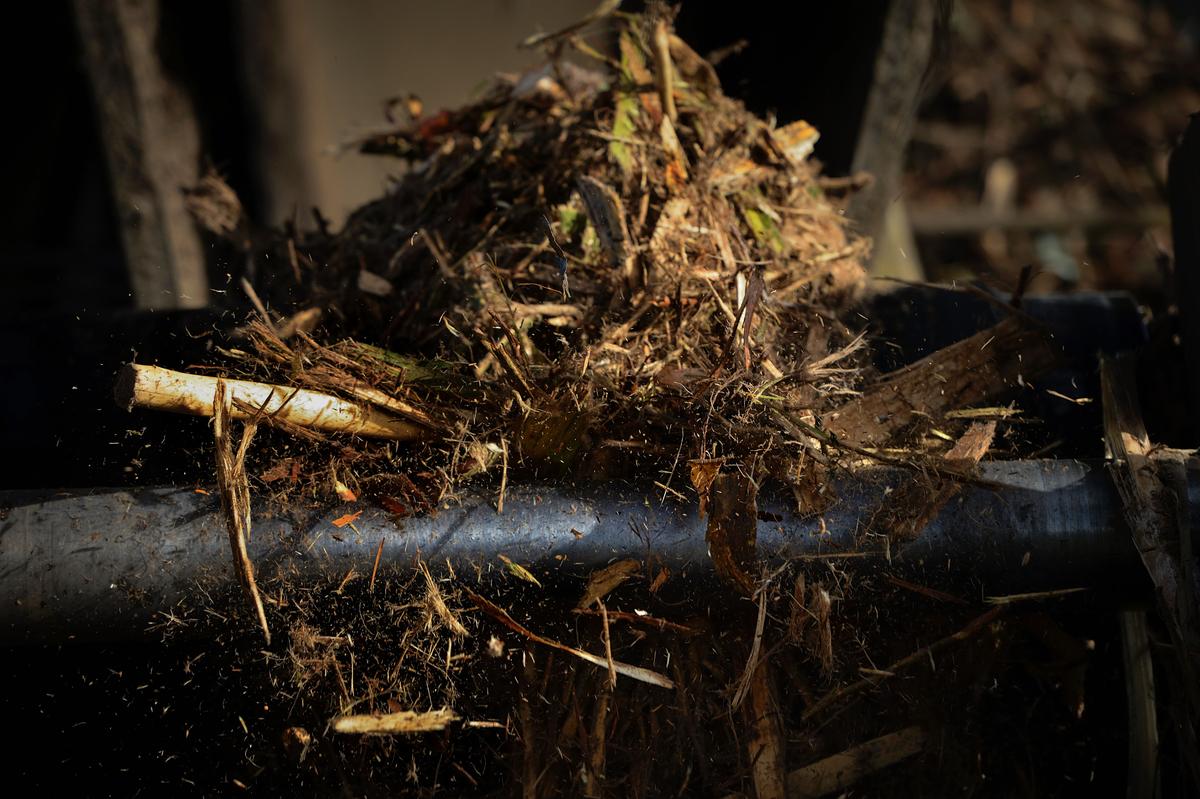Proposed legislation could, if passed, dramatically increase subsidies to America’s biomass industry. A slew of concerns comes with this potential rise in the burning of trees and similar organic matter for energy.
Critics say growth in biomass fuel could greatly intensify deforestation. Every 1 percent increase in biomass electricity production requires an 18 percent increase in U.S. forest harvest, according to the U.S. Energy Information Agency.
Air pollution is another concern. “Emissions from a biomass plant exceed those from a natural gas plant by more than 800 percent for every major pollutant,” according to a study by ecologist Mary S. Booth, Ph.D.
On the other hand, biomass plants could arguably help prevent forest fires. Drought and bark beetle infestations have left millions of dead trees standing in California, posing a fire risk. If more biomass power plants were operational, some argue that those trees could be profitably harvested.
In general, scraps from the forestry industry and agriculture could find good use. Farmers are better off bringing their waste to biomass plants than openly burning it, a common alternative.
But it isn’t always scraps that are burned. For example, a logger who can make tens of thousands of dollars a year selling “scrap” wood to biomass plants may cut down trees that aren’t good for lumber, but would have otherwise been left standing and supporting the forest ecosystem.






